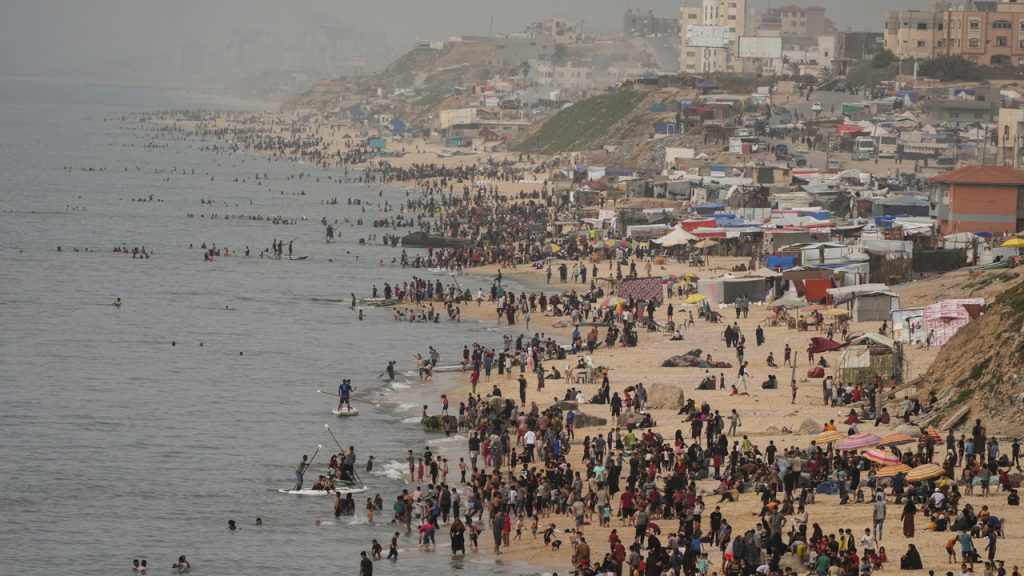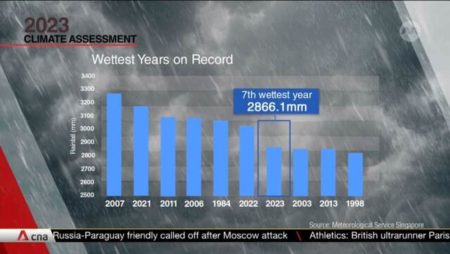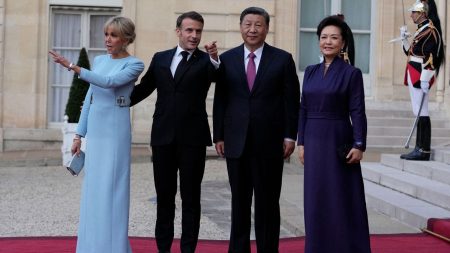Egypt sent a high-level delegation to Israel for talks seeking to push through a cease-fire agreement with Hamas and avert an Israeli offensive on Gaza’s town of Rafah. The delegation was led by Egypt’s top intelligence official, Abbas Kamel, and planned to discuss a “new vision” for a prolonged cease-fire in Gaza. As the war continued with increasing casualties, there was growing international pressure for Hamas and Israel to reach an agreement.
Efforts to establish a cease-fire focused on exchanging hostages held by Hamas for Palestinian prisoners and allowing a significant number of displaced Palestinians to return to their homes in northern Gaza with minimal restrictions. Mediators were working on a compromise to address both parties’ demands and lead to further negotiations for a larger deal to end the war. Egypt intensified its efforts to avoid a potential offensive on Rafah, with Hamas demanding a permanent cease-fire and Israel vowing to continue military operations.
An agreement was reached after the Egyptian delegation met in Tel Aviv, with plans to work out a draft deal. Meanwhile, in a separate conflict, Lebanon’s Hezbollah group ambushed an Israeli military convoy in a disputed border area, resulting in the death of an Israeli civilian. Tensions along the Israel-Lebanon border have escalated in recent months, with cross-border fighting resulting in casualties on both sides.
The situation in Rafah remained volatile, with Israel conducting near-daily raids and preparing for a potential invasion. Concerns were raised by Egypt over the impact of an Israeli deployment of troops along the Gaza-Egypt border, violating the peace deal between the two countries. Egyptian President Abdel Fattah el-Sissi warned of catastrophic consequences should an attack on Rafah occur, emphasizing the need for regional peace and security.
The pressures facing Israeli Prime Minister Benjamin Netanyahu from the far-right flank of his government were evident in responses to Egyptian attempts to broker a cease-fire. The ongoing conflict between Israel and Hamas stemmed from a raid by Hamas militants into southern Israel, leading to a significant number of casualties on both sides. The war had resulted in thousands of Palestinian deaths, with a majority of them being children and women, while Israeli casualties included soldiers and civilians.
Despite the efforts of mediators and international pressure, the conflict between Israel and Hamas continued with no clear resolution in sight. The situation remained precarious, with potential implications for regional stability and peace. The involved parties faced challenges in meeting each other’s demands for a cease-fire, while the ongoing violence continued to take a toll on the civilian population in Gaza and surrounding areas.















